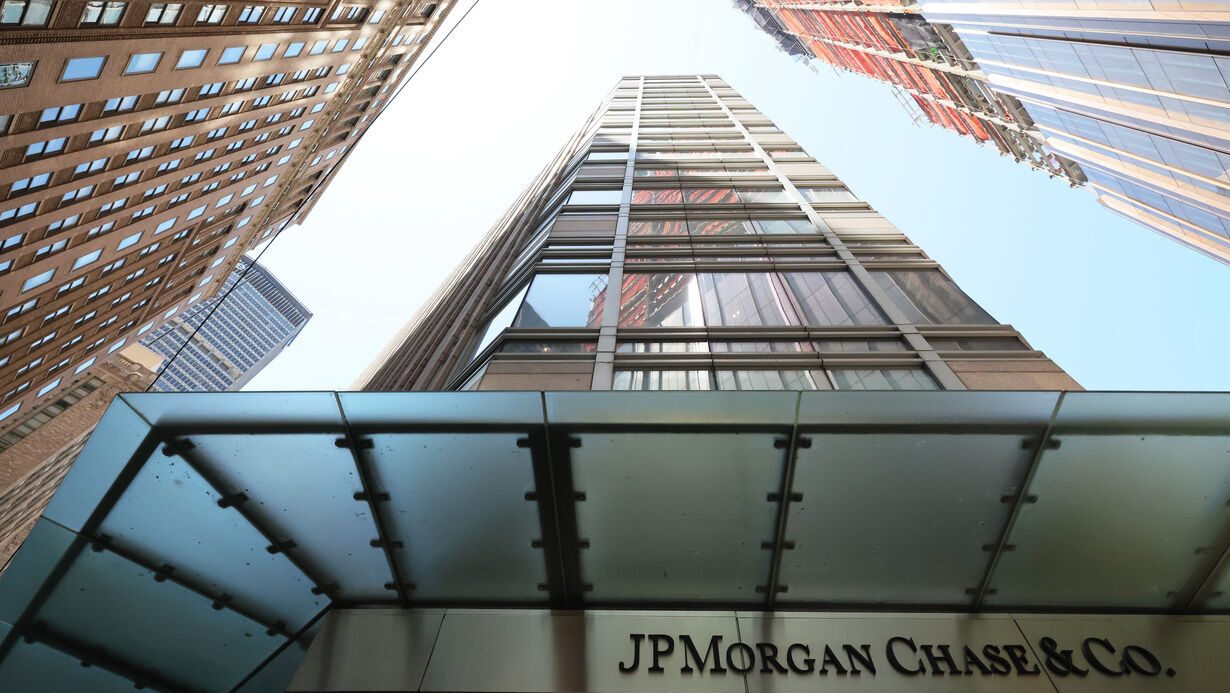JPMorgan Reclassifies Qatar and Kuwait as Developed Markets: Implications for Investors
In a significant development for global financial markets, JPMorgan Chase & Co. has announced the reclassification of Qatar and Kuwait from emerging to developed market status. This decision will lead to the gradual removal of these nations from JPMorgan’s Emerging Markets Bond Index (EMBI) over a six-month period starting March 31, 2025. The United Arab Emirates (UAE) is also under review and may face a similar reclassification next year.
Understanding the Reclassification
JPMorgan’s EMBI is a widely followed benchmark that tracks the performance of bonds issued by emerging market countries. The reclassification of Qatar and Kuwait signifies a recognition of their economic maturity and financial stability, aligning them with developed market economies. This transition reflects their sustained economic growth, robust financial systems, and increased per capita income levels.
The phased removal process will see Qatar and Kuwait’s bonds excluded from the EMBI in equal notional amounts over six months, concluding on August 29, 2025. During this period, new bond issuances from these countries will no longer be added to the index. As of January 31, 2025, Qatar and Kuwait held weights of 3.2% and 0.6%, respectively, in the EMBI Global Diversified index. The UAE, with a current weight of 4.1%, is also on track for potential removal if its cost-of-living ratio continues to exceed the emerging market threshold.
Implications for Investors
The reclassification carries several implications for investors and the broader financial landscape:
- Shift in Investment Strategies: Funds and portfolios that track emerging market indices will need to adjust their holdings, potentially reducing exposure to Qatari and Kuwaiti bonds. This could lead to portfolio rebalancing and a reallocation of assets to other emerging markets.
- Impact on Bond Yields and Spreads: The exclusion of these relatively low-risk bonds may increase the average risk profile of the EMBI. JPMorgan estimates that the extra yield investors demand to own emerging market bonds over U.S. Treasuries could widen by approximately 11 basis points.
- Market Perception and Capital Flows: The upgrade to developed market status may enhance investor confidence in Qatar and Kuwait, potentially attracting a different class of investors focused on developed markets. Conversely, emerging market funds may experience outflows as assets are reallocated.
Economic Context of Qatar and Kuwait
Despite the reclassification, both nations are projecting budget deficits for 2025.
- Qatar: In December, Qatar approved a budget anticipating a deficit of 13.2 billion riyals ($3.62 billion). However, analysts from Moody’s Ratings agency have noted that Qatar’s financial metrics have significantly improved between 2021 and 2023, a trend expected to continue due to fiscal prudence and planned expansions in liquefied natural gas production between 2026 and 2028. al-
- Kuwait: The Kuwaiti government projects an 11.9% increase in its budget deficit, reaching 6.31 billion dinars ($20.4 billion) for the fiscal year 2025-2026. This rise is attributed to ongoing fiscal challenges and a heavy reliance on oil revenues. Notably, Kuwait is considering re-entering the debt market for the first time since 2017, with plans to raise $65 billion over 50 years to support infrastructure projects and capital expenditure. al-monitor.com
Historical Perspective
This reclassification is part of a broader trend of Gulf Cooperation Council (GCC) countries transitioning within global financial indices. In 2018, JPMorgan announced the inclusion of Saudi Arabia, the UAE, Kuwait, Qatar, and Bahrain in its emerging market government bond indices, reflecting the region’s growing significance in global debt markets.
Similarly, in 2020, MSCI reclassified Kuwait from a frontier to an emerging market, acknowledging the country’s efforts to open its economy to foreign investors and implement regulatory enhancements. This move aimed to provide diversification benefits to emerging market investors, given Kuwait’s distinct sector composition and lower correlations with major emerging markets.
Conclusion
JPMorgan’s decision to reclassify Qatar and Kuwait as developed markets marks a milestone in the economic evolution of these nations. While presenting new opportunities, it also necessitates adjustments for investors and underscores the dynamic nature of global financial markets. As these countries continue to navigate fiscal challenges and pursue economic diversification, their upgraded status may pave the way for increased investment and integration into the global economy
Do follow gulf magazine on Instagram
for more information click here


